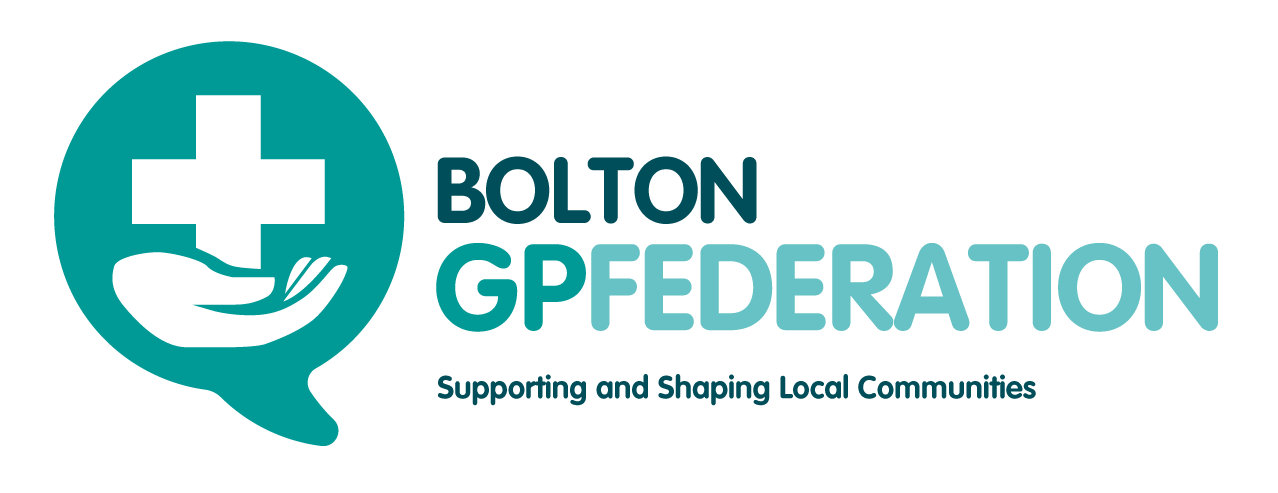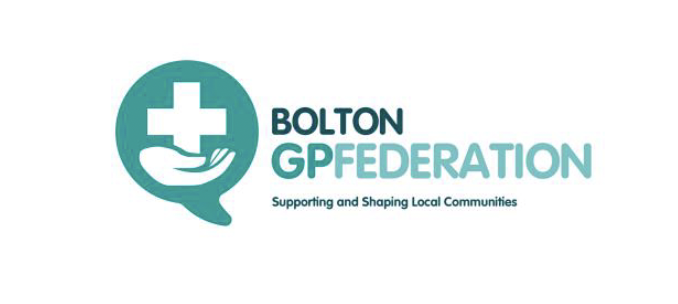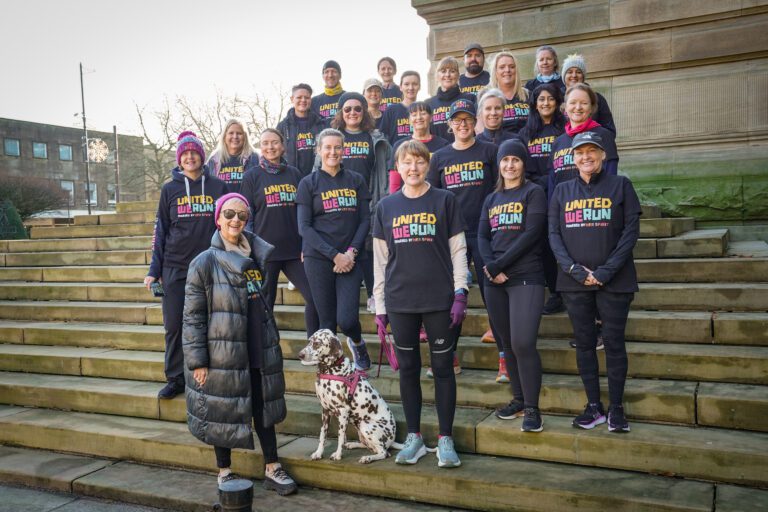[av_section min_height=” min_height_px=’500px’ padding=’no-padding’ shadow=’no-border-styling’ bottom_border=’no-border-styling’ bottom_border_diagonal_color=’#333333′ bottom_border_diagonal_direction=” bottom_border_style=” id=” color=’main_color’ custom_bg=’#11898c’ src=” attachment=” attachment_size=” attach=’scroll’ position=’top left’ repeat=’no-repeat’ video=” video_ratio=’16:9′ overlay_opacity=’0.5′ overlay_color=” overlay_pattern=” overlay_custom_pattern=” av_element_hidden_in_editor=’0′]
[av_one_full first min_height=” vertical_alignment=’av-align-top’ space=” margin=’0px’ margin_sync=’true’ padding=’30px,0px,0px,0px’ border=” border_color=” radius=’0px’ radius_sync=’true’ background_color=” src=” attachment=” attachment_size=” background_position=’top left’ background_repeat=’no-repeat’ animation=” mobile_display=”]
[av_heading heading=’Mental Health and Covid-19′ tag=’h3′ style=’blockquote modern-quote’ size=’40’ subheading_active=” subheading_size=’15’ padding=’10’ color=’custom-color-heading’ custom_font=’#ffffff’ admin_preview_bg=”][/av_heading]
[/av_one_full]
[/av_section]
[av_one_full first min_height=” vertical_alignment=” space=” custom_margin=” margin=’0px’ padding=’0px’ border=” border_color=” radius=’0px’ background_color=” src=” background_position=’top left’ background_repeat=’no-repeat’ animation=” mobile_display=”]
[av_textblock size=” font_color=” color=” admin_preview_bg=”]
In support of Mental Health Awareness Week, our Primary Care Network Clinical Director, Dr Abdul-Wahid Atcha, talks here about some of the struggles that people could be facing, and some of the simple things we can all do to maintain good mental health and wellbeing in the time of lockdown.
I hope everyone is keeping safe and in good spirits. My thoughts go out to those who have lost loved ones or are in recovery after suffering significant illness.
Covid 19 is not just affecting the physical health of those who catch the virus, it is also having a massive impact on people’s mental health. Right now, almost half the world’s population has gone into some form of confinement, and we have all had to make major changes to the way we live our lives.
Coping with these changes can be difficult, even for those who usually feel strong and resilient. People are feeling anxious, lonely, isolated or worried about their financial situation, whether or not they or a family member will get the virus, or how they’ll cope with home schooling their children. Some children and young people are struggling, missing their friends and the routine and structure of going to school. Frontline workers are having to work in extremely challenging and traumatic circumstances too and I would like to take this opportunity to publicly thank all staff working in the NHS, Social Services and voluntary sector who are tirelessly supporting vulnerable people in our communities.
This is also an opportunity to highlight the positive spirit and resilience of so many people who have taken heart-warming actions. Such as people clapping at 8pm on a Thursday, the volunteers who are delivering food parcels and collecting medicines, and the fantastic fundraising efforts that give us strength and hope, such as the wonderful Captain Tom!
Through the GP Federation’s Primary Care Networks, our team of Social Prescribing Link Workers are making contact with our vulnerable and shielded patients, checking in on them, making sure they’re ok. And if they need some additional support, they help them find this from within their own communities. This is where our fantastic Bolton family of volunteers and community groups are working really hard to make sure that people have got the support they need, such as doing someone’s shopping or lending an ear to someone feeling lonely.
As a GP, I have contact with patients regularly who need some help as they’re feeling low or lonely or are struggling to cope, and there are some simple things that people can do to help maintain their mental health:
- Talk about your feelings.
- Keep in touch with your loved ones – talk to them over the phone, by video or email.
- Keep active – there are some great ways of keeping active at home, for example the daily Joe Wicks exercise on YouTube, and involve the whole family if you can.
- Eat a healthy diet.
- Take your medicines on time and regularly.
- Drink sensibly and don’t use drugs or gambling to help you cope.
- Maintain a regular routine, even if it’s different from before.
- Keep up with personal hygiene.
- Be kind. If you can, volunteer or help others.
- Minimise screen time.
- Ask for help!
There are also some things that we can do to help our children and young people:
- Maintain familiar routines as much as possible.
- Create new routines and maintain them.
- Discuss coronavirus with your children in an honest way using language that’s appropriate.
- Help them find positive ways to express their feelings, such as fear and sadness.
- Engage them in a creative activity such as drawing or playing a game.
- Help them stay in touch with friends and family members by using phones and online channels.
- Make sure they have time away from screens and spend time doing offline activities.
Whether you’re living on your own or with your family, and whether you’re shielding at home or having to leave the house every day for work, keep in mind that it might not be possible or realistic to achieve all of these things all of the time. Remember to be kind to yourself and to give yourself a break.
Support and Resources for Mental Health and Wellbeing
Bolton residents
https://www.bolton.gov.uk/council/health-wellbeing/1
http://www.boltonft.nhs.uk/services/the-parallel-young-peoples-health/information/emotional-health/
https://www.gmmh.nhs.uk/bolton-psychological-therapy-service/
https://www.bekindtomymind.co.uk/
https://www.1pointbolton.org.uk/
Doctors
https://medicfootprints.org/support/wellbeingsupport/mentalhealth/
https://www.dsn.org.uk/support-for-doctors
https://www.gov.uk/government/news/dedicated-mental-health-support-for-all-nhs-doctors-and-dentists
Nurses
https://www.nhsemployers.org/news/2020/03/free-access-to-wellbeing-apps-for-all-nhs-staff
https://www.hee.nhs.uk/news-blogs-events/news/nhs-launches-mental-wellbeing-support-package
Health care workers
https://www.mentalhealthatwork.org.uk/toolkit/ourfrontline-health/
https://www.aomrc.org.uk/covid-19-mentalwellbeing/
https://www.e-lfh.org.uk/programmes/coronavirus/
Posters
https://www.who.int/docs/default-source/coronaviruse/coping-with-stress.pdf?sfvrsn=9845bc3a_2
[/av_textblock]
[/av_one_full]
[av_one_fifth first min_height=” vertical_alignment=” space=” custom_margin=” margin=’0px’ padding=’0px’ border=” border_color=” radius=’0px’ background_color=” src=” background_position=’top left’ background_repeat=’no-repeat’ animation=” mobile_display=”]
[av_image src=’https://www.boltongpfed.co.uk/wp-content/uploads/2020/05/Abdul-Wahid-Atcha.jpg’ attachment=’2240′ attachment_size=’full’ align=’left’ styling=’no-styling’ hover=” link=” target=” caption=” font_size=” appearance=” overlay_opacity=’0.4′ overlay_color=’#000000′ overlay_text_color=’#ffffff’ animation=’no-animation’ admin_preview_bg=”][/av_image]
[/av_one_fifth][av_four_fifth min_height=” vertical_alignment=” space=” custom_margin=” margin=’0px’ padding=’0px’ border=” border_color=” radius=’0px’ background_color=” src=” background_position=’top left’ background_repeat=’no-repeat’ animation=” mobile_display=”]
[av_textblock size=” font_color=” color=” admin_preview_bg=”]
Dr. Abdul-Wahid Atcha
[/av_textblock]
[/av_four_fifth]


